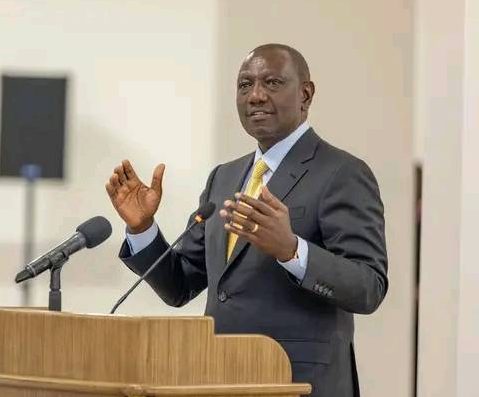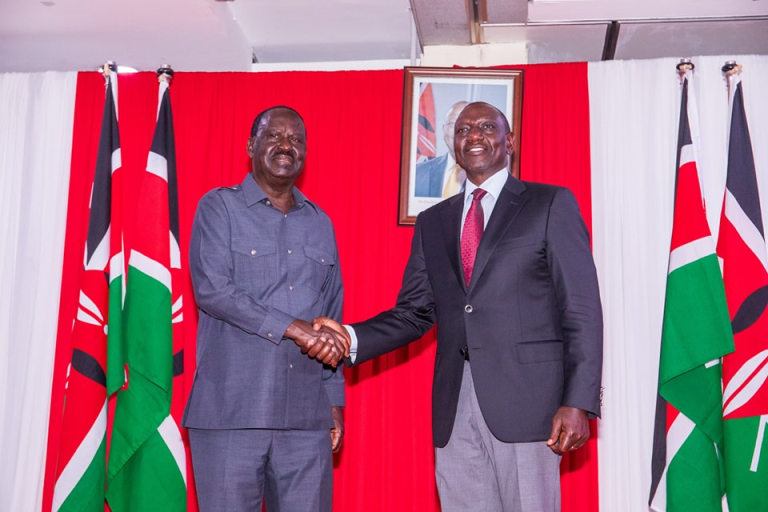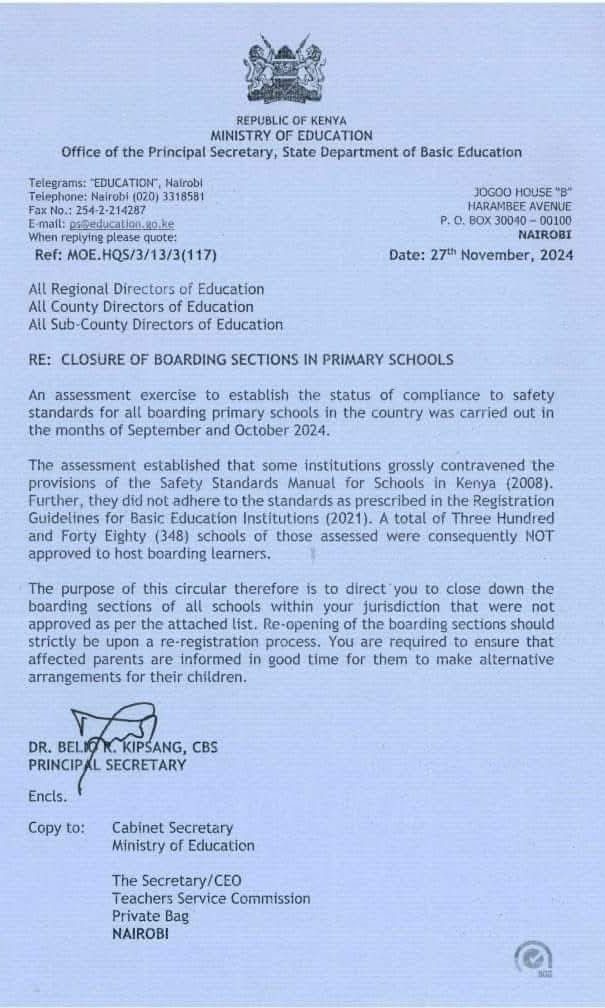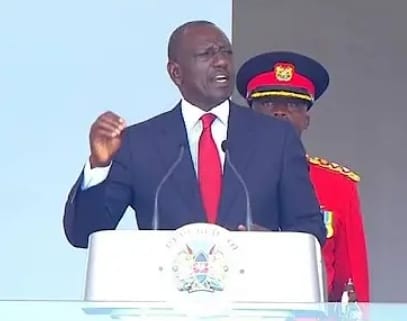President William Ruto has officially renamed the Social Health Insurance Fund (SHIF) as Taifa Care, emphasizing its pivotal role in advancing Universal Health Coverage (UHC) for all Kenyans.
Speaking during his State of the Nation Address, the president expressed his confidence in the new model’s ability.
Says it will deliver efficient and effective healthcare services to the public, ensuring that no Kenyan is left behind.
President Ruto noted that the previous National Health Insurance Fund (NHIF), now repealed, was inadequate in serving the nation’s healthcare needs.

He criticized the NHIF for catering primarily to a small group of salaried Kenyans while excluding the majority who could not afford its services.
Taifa Care
The launch of Taifa Care, he explained, is a deliberate effort to correct this imbalance and make healthcare more inclusive.
The president highlighted Taifa Care’s comprehensive benefits package, designed to be accessible to all Kenyans.
Under the new scheme, individuals contribute 2.75% of their gross pay, with a minimum payment set at Ksh.300 per month.
Employers are therefore, required to remit these contributions by the 9th of every month, ensuring timely support for the system.
President Ruto encouraged Kenyans to register for Taifa Care without delay, calling it a critical step toward securing reliable healthcare for themselves and their families.
“Under Taifa Care, every registered citizen is eligible for a wide range of healthcare services,” Ruto stated. “The program has undertaken accurate costing of all healthcare-related goods and services to guarantee timely, effective, and equitable care for all. I urge every Kenyan to make healthcare a priority and register at the earliest opportunity.”
The president further revealed that the transition to Taifa Care is progressing well, with over 15 million Kenyans already enrolled and 60% of employers successfully adapting to the new system.
Additionally, he expressed optimism that, once fully operational, Taifa Care would transform Kenya’s healthcare landscape.
“For the first time in our 60 years of independence, we will have a system that ensures dignity, peace of mind, and equitable access to healthcare for all citizens,” he said.
Critisism
Despite the government’s optimism, the rollout of Taifa Care, which began on October 1, 2024, has faced criticism.
Many members of the public have raised concerns about the new system’s ability to deliver on its promises, with some arguing that it excludes thousands of patients from accessing vital healthcare services.
Read also President Ruto cancels the Adani Group Deals
Critics have accused the Kenya Kwanza administration of hastily implementing a Ksh.104.8 billion program without addressing significant flaws.
They argue that the government ignored warning signs of potential missteps, leading to challenges in its implementation.
As Kenyans continue to adapt to the Taifa Care system, the debate surrounding its effectiveness and inclusivity remains a key issue in the nation’s journey toward achieving universal healthcare.












